Why Do We Serve Food & Tequila on Day of the Dead Altars ?
- October 2023
- By Kim Caviness
- Recipe from Mexico
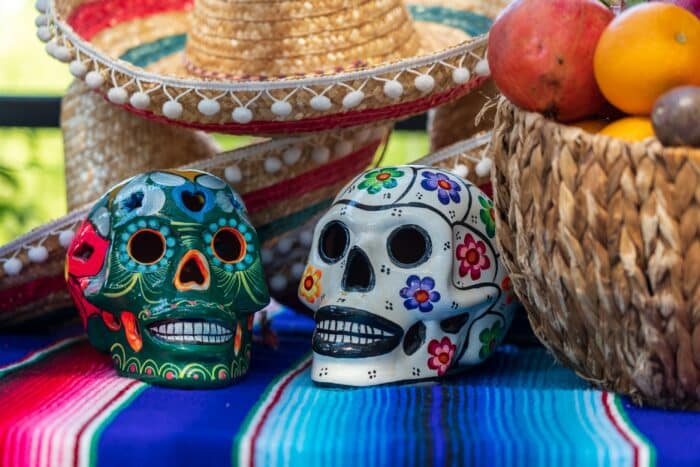
What is the role of food on Day of the Dead altars? Familia Kitchen sat down with Valentina Prida, a Chicago-based Mexican bilingual therapist, to ask about the healing role of favorite dishes and drinks like tequila and mezcal in Day of the Dead traditions, both in Mexico and the U.S. To learn more, check out our Familia Kitchen Guide to Food and Day of the Dead.
Q: Valentina, what is the significance of making loved ones’ favorite food and drink as ofrendas on Day of the Dead altars?

A: One of the beautiful things about Day of the Dead is that it is a celebration, rather than a day of sadness. We are celebrating life by acknowledging the death. Which is so different from escaping death. Or ignoring that death happens. We see it, we acknowledge it, we celebrate it.
Another beautiful thing about Mexican culture is that it’s almost like we double down on nostalgia. We don’t shy away from it. We lean into the feeling of grief, the feeling of sadness. And it is bittersweet on a very deep level. We allow ourselves to go there because it is important. Because it matters.
And through allowing ourselves to feel, allowing ourselves to miss the people who are not here anymore, we are moving forward in the process of grief. When someone is in denial, when someone is not talking about it, not remembering, not acknowledging it: They are not really progressing in dealing with the loss of someone who has passed away.
But when you do lean in, even though it is painful, it is also beautiful. Then we have an experience that gets us closer to acceptance.
Day of the Dead is an intentional practice that allows for emotions to be expressed. Sometimes we may not have the right words, but we have music, we have food. And we can sit down and have a meal together. That is connecting and gives us a sense of belonging … Then we have an experience that gets us closer to acceptance.
—Valentina Prida, Mexican therapist specializing in marriage and family counseling
I think that Day of the Dead gives that to all families. It is an intentional practice that allows for emotions to be expressed. Sometimes we may not have the right words, but we have music, we have food. And we can sit down and have a meal together. That is connecting and gives us a sense of belonging.
Q: Do you make a Day of the Dead altar in your home here in Chicago?
A: I haven’t done it ever since I moved to the U.S. seven years ago. I can tell that I am sitting in a place of I miss my family too much and this is too difficult. So I don’t do it. Sometimes it is easier to turn away than to do the thing that reminds us of home.
It’s easy to say all Mexicans [who live in the U.S.] make Day of the Dead altars, but there is some tension there between incorporating our traditions, while also trying to adapt to a new place. And I think I have been feeling that for the last seven years. It’s a constant journey, and I do think that food is an anchor for that journey.
Q: Is tequila an anchor too?
A: Tequila and mezcal are definitely an anchor!
Drinking has a celebratory intention behind it, and it could also have a grieving intention behind it. We drink when we might want to express a more intense emotion that we don’t know how. Drinking can help. I might be sitting with very deep, deep feelings of sadness, and I don’t know how to express them. If I drink I might be able to let them go a little bit, and cry. And if I do it with my loved ones, together, on Day of Dead, that can be even more expressive. There is a thin line: Alcoholism is deeply embedded in our culture. But there is a place where drinking can be used as a tool to express ourselves.
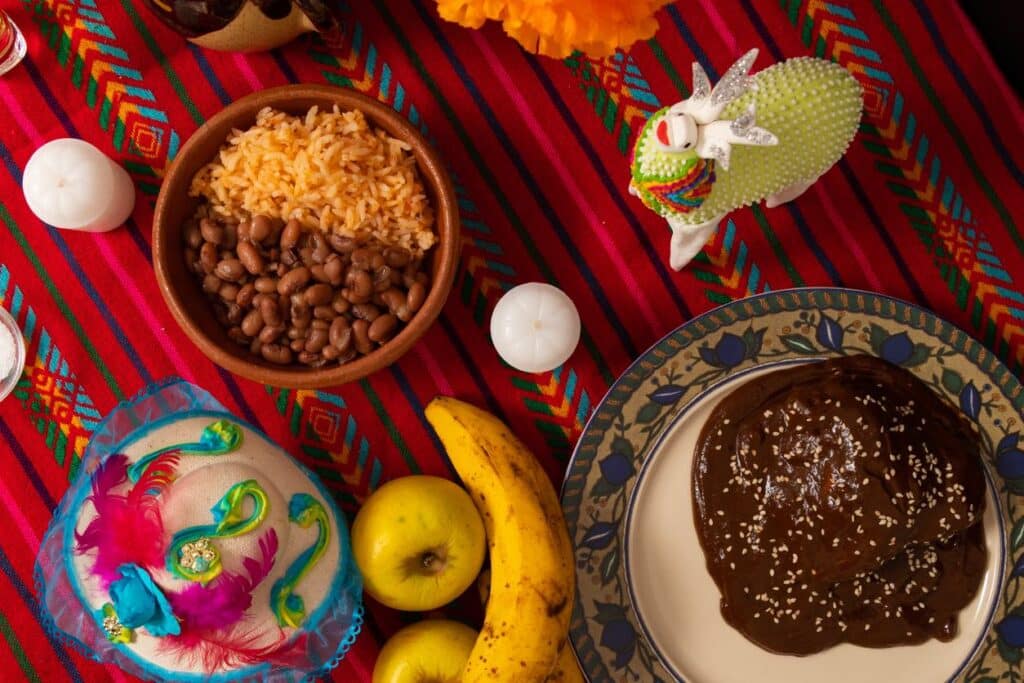
Q: How do the living choose the dishes they serve as ofrendas to honor their dead on the altar? Is It their most favorite meals and things to drink when they were alive?
Yes, we remember what they liked. So for a lot of people it is Coca-Cola and a tequila and arroz rojo and mole. Some people might bring the actual dish. Some people might have a visual: their altar shows a little picture or representation of it. In Mexico City, my mom has a tiny, tiny altar so she buys a tiny Coke and a tiny mezcal to put on it.
All of these items that you buy or make: You have to really think about that person and that makes you miss them and process their being gone and your grief. It is beautiful.
Q: Do the family and friends then continue this healing and celebratory meal by gathering together to eat the same favorite dishes they made for their dead loves ones?
A: In my family at least, we don’t. We make the favorite foods of the person who we miss, who has died, who is loved. We offer the special meals and drink to our dead. And, according to tradition, during the night, the dead take the food, after the feast. The guests at the feast don’t eat the food that is placed on the altar.
Valentina Prida is a licensed marriage and family therapist. She speaks Spanish and English and is passionate about working with the Latino/Hispanic community. Valentina was born in Mexico City and today lives in Chicago with her family. The traditional dish she misses most from home is chicken with mole.
MoreLike This

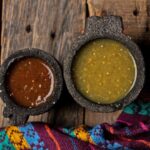
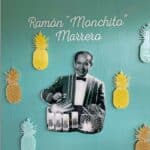
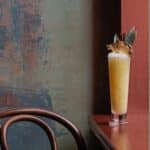


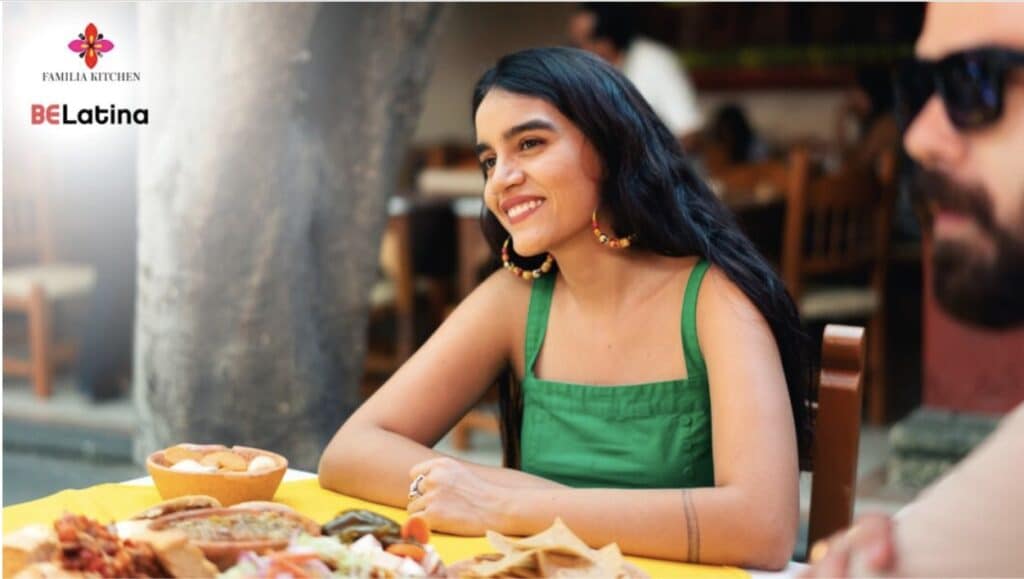
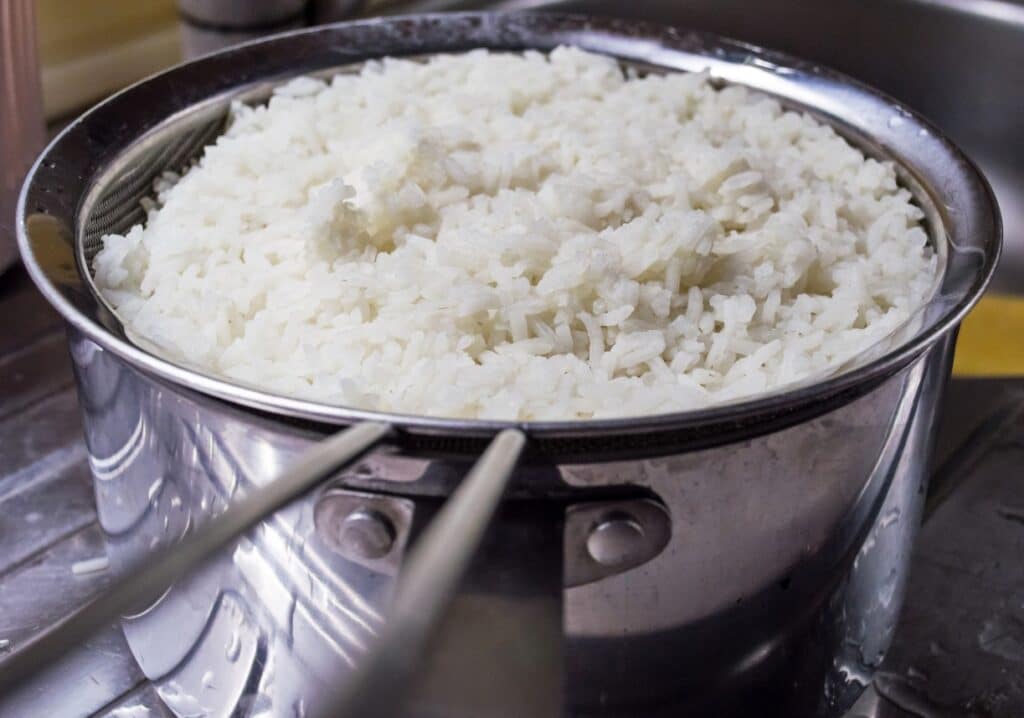
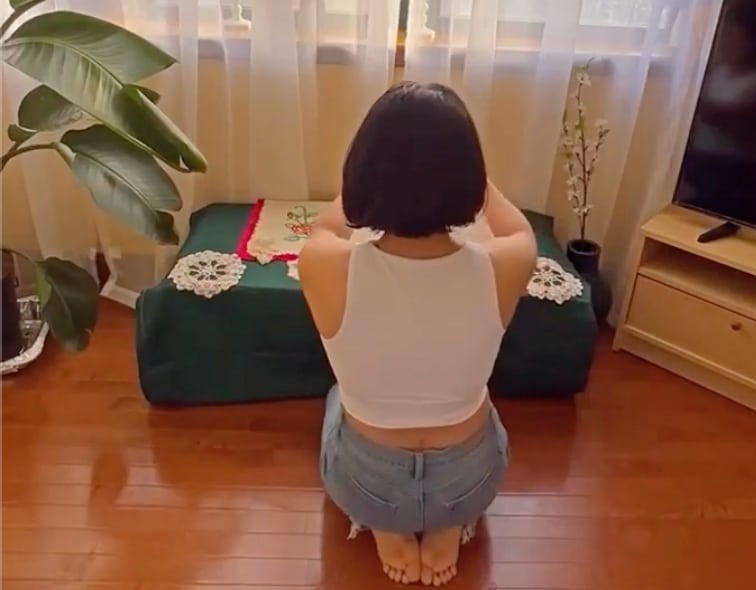
Got a question or suggestion?
Please rate this recipe and leave any tips, substitutions, or Qs you have!